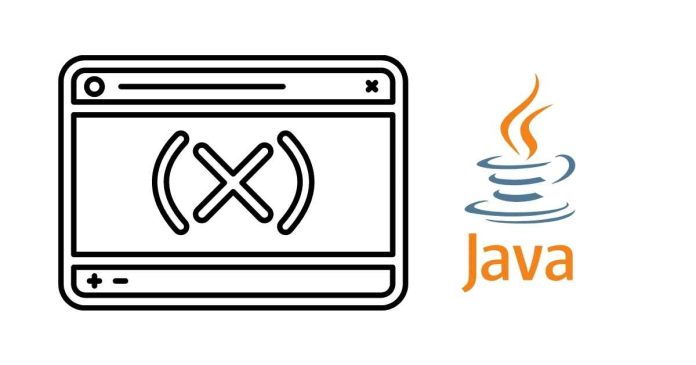In Java, mutable and immutable refer to whether an object’s state (its data fields) can be changed after it is created.
- Mutable Objects:
- The state of a mutable object can be modified.
- Examples: Instances of classes like StringBuilder, ArrayList, or user-defined classes where fields can be updated.
- Mutability is useful for situations where object updates are required, like collections or buffers.
- Immutable Objects:
- The state of an immutable object cannot be modified after creation.
- Example: String, Integer, and BigDecimal are immutable classes.
- Benefits: Thread safety, simplicity in design, and consistency.
Proper usage of mutable or immutable objects depends on the application’s requirements.



